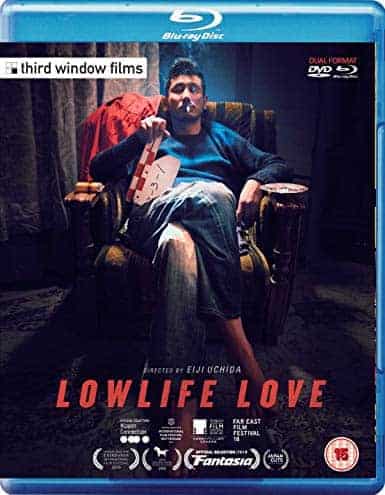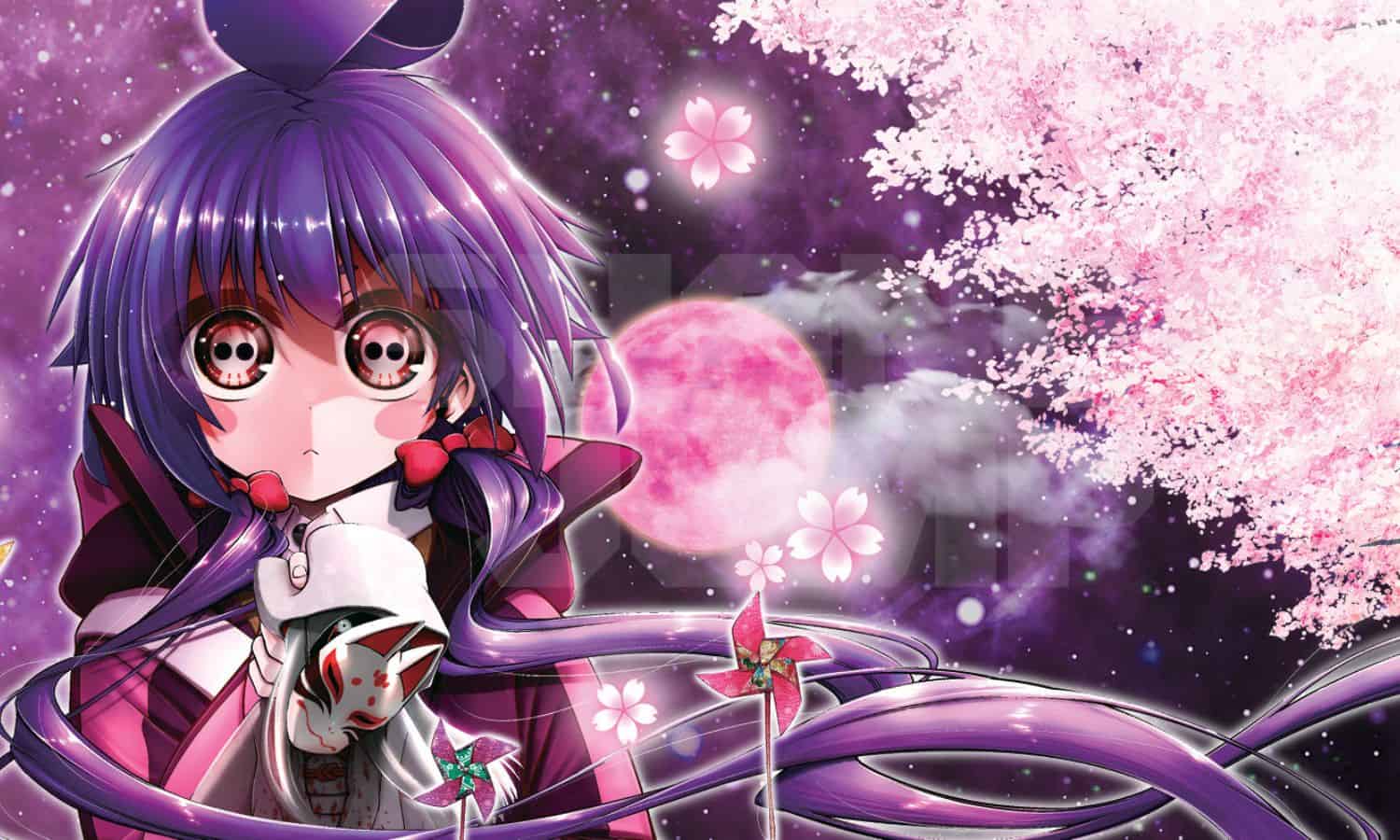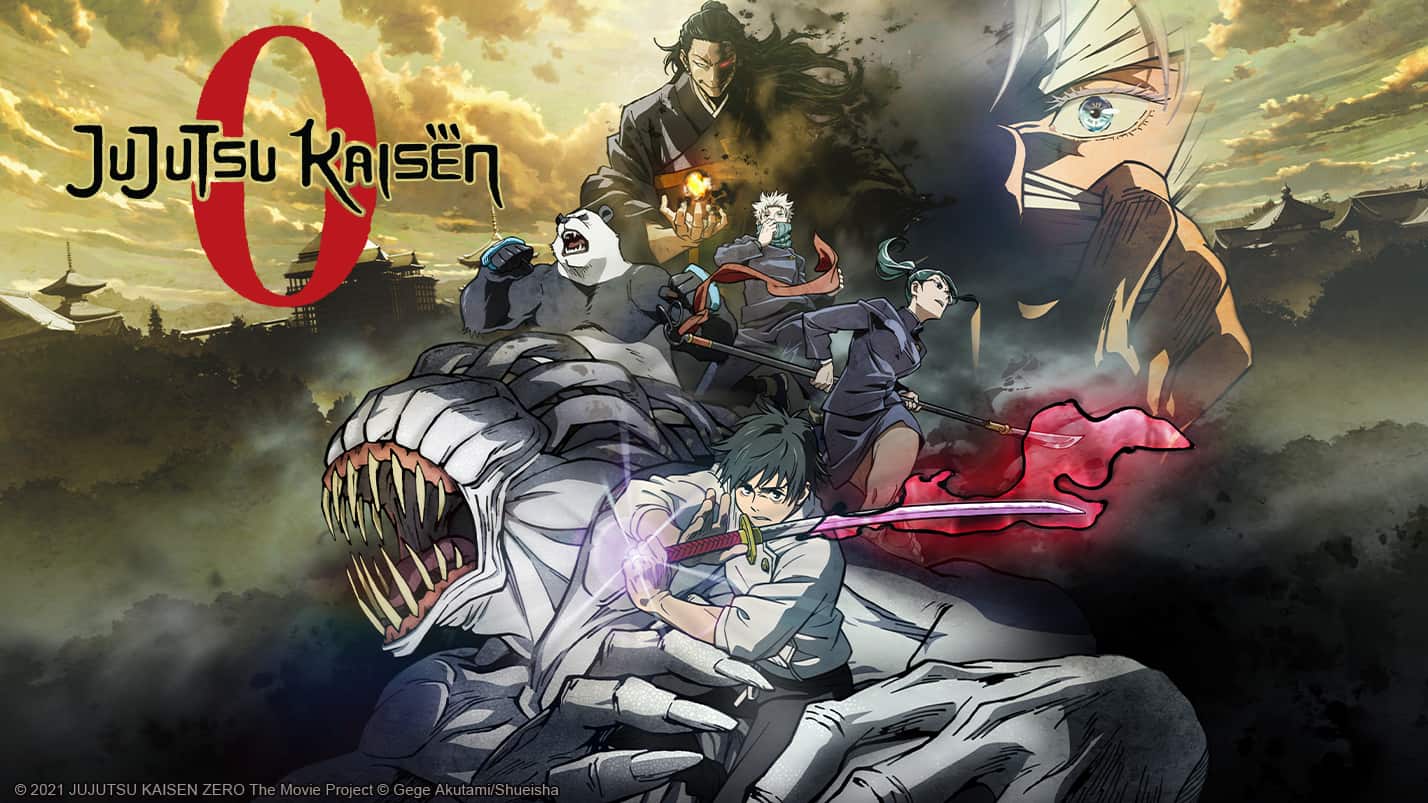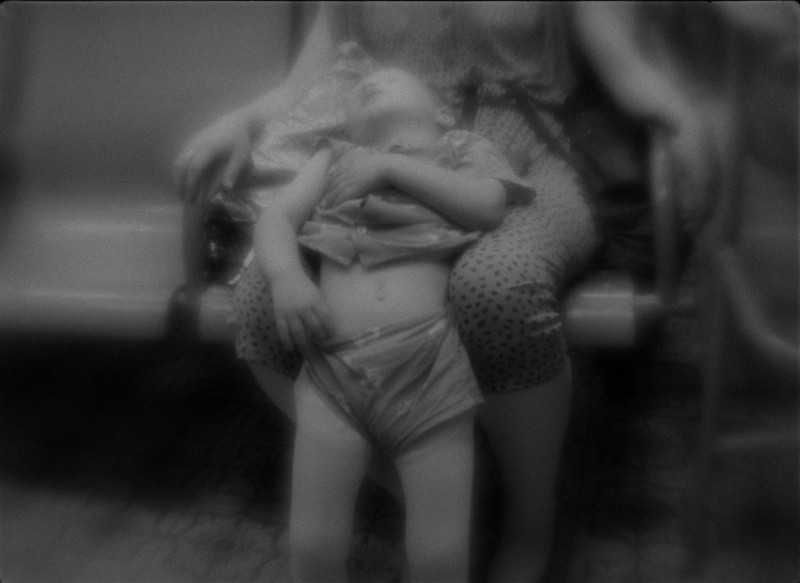“Everybody in this industry is crafty, filthy and bitter.“
Through most of our lives, especially during our teenage years, we often hear we should follow our dreams and our passions in life. It is true that the metaphorical doors of opportunity are still wide open for us in these years so many people feel a certain obligation to tell us to not be lazy, not waste our time and use the window of time we have left. Generally speaking, we all might feel the same way and we might even catch ourselves using the same words in front of a young person, but then perhaps the motivation for this action may stem from our own disappointments in life, or the complete opposite. Whatever the case may be, following one's passion remains one of the strongest ideals in our lives.
However, actually following through with this statement requires steps which will put how strongly you feel about your passion to the test. Given its preoccupation with dreams and fiction, the world of film, or arts in general, may be the most obvious target for the disillusionment of these dreams and passions. Even though the names of famous actors and directors ring beautifully in our ears, the majority of the aspiring artists in that field often falter, for the industry has worn them down, their talent was not sufficient or their projects just did not find the right audience. As he was trying to make a name for himself within the Japanese film industry, director Eiji Uchida had to go through these early tests for his talent and passion, encountering the countless blows and hardships it had to offer. Eventually, this resulted in the script for his film “Lowlife Love”, a film dealing with dreamers and the (possible) end of their passion, but is also a biting satire on the film industry.
Buy This Title

It has been years since Tetsuo (Kiyohiko Shibukawa) has made his first, and still only film called “The Saw” which has become an underground hit over time. Still relying on the fame this film has given him, he spends his days talking to his friends and family about possible future projects while exploiting them as well. Even though his mother is impatient with her son's lack of ambition and the various actresses he takes home for sex, he has gathered a large number of followers around him.
Eager to join Tetsuo's band of followers Minami (Maya Okano) and Ken (Shugo Oshinari) want to meet with him for an audition. While the other wants to be an actress, the young man has a script he would like Tetsuo to shoot. The director soon realizes the talent of both of them and quickly gathers funds to make his new film, one which will prove he is not a “one-hit-wonder”, but others, directors and producers more influential and famous than him, also take notice of Minami's and Ken's skills.

At the center of the film, and one of the main appeals of it, is the performance by Kiyoshi Shibukawa. From the very first scene when he wakes up next to one of the many actresses he “auditioned”, the Japanese actor embodies the essence of the character as a person see-sawing between artistic integrity and slacker mentality. In a film defined by figures, some of which more of a cliché than others, Tetsuo symbolizes the lack of motivation, the fear of failure and finally proving to the world what everyone else seems to know already: the dream is long over and has made way to heavy hangovers, financial struggles and constant arguments with friends and family. At the same time, Tetsuo, like the rest of the characters, cannot let go of the dream.
Obviously, to every cliché there is a core of truth. In the case of “Lowlife Love” the amount of criticism it had to face when it was released in Uchida's home country may illustrate exactly how much of truth lies in the fiction Uchida's film shows. Besides the exploitative director using his fame for sex and exploiting others, there is the producer (played by Denden) always insisting on more sex scenes in the film or the young actresses (Maya Okano) being corrupted by a system which favors the ones willing to give their souls and bodies for an acting gig. As a somewhat ironic climax, Uchida's script even adds a “film nerd” (played by Yoshihiko Hosoda) who does everything – including selling home-made porn – to support his favourite director financially and be next to him. Unsurprisingly, the image of the film industry in “Lowlife Love” is more of a caricature at times showing people who cannot let go of the “filthy slut” which is the way they talk about the process of making a film.

Despite these aspects, “Lowlife Love” emphasizes these themes also formally, through the overall look of the film. Together with cinematographer Kenji Noguchi, Uchida has managed to make a film which mirrors the amalgam of high artistic pride and slacker-mentality many of the characters show on screen. Some scenes feel rather improvised, featuring the obligatory use of long takes – a feature Tetsuo would also like to incorporate in his films – as well as the use of strong contrasts. Whether intentional or not, these aspects serve the overall message of the film, the way it handles its themes, but at the same time it may also test the viewer's patience occasionally.
“Lowlife Love” is a film about the making of films, about dreams and ambitions as well as what happens if this passion is put to the test of reality. Featuring strong performances, especially Kiyoshi Shibukawa in the lead, and a dry sense of humour in its script, “Lowlife Love” manages to hit the right tone when it comes to portraying an industry whose reality often challenges the dreams of some many of us.















